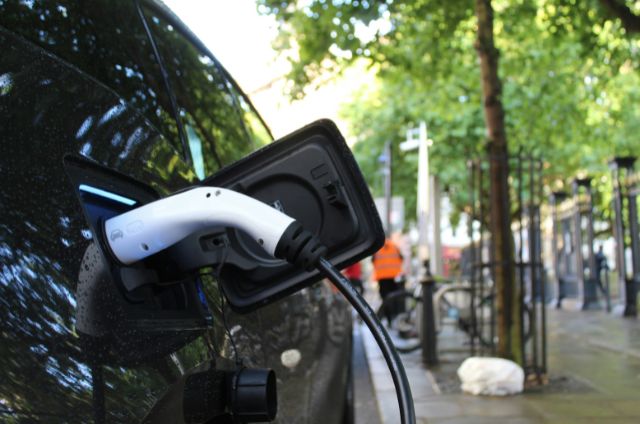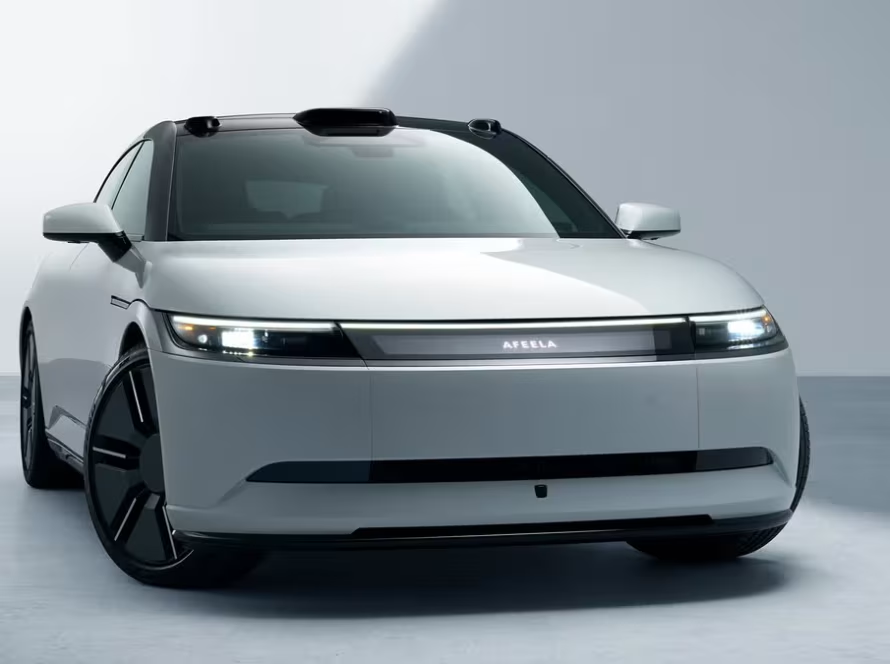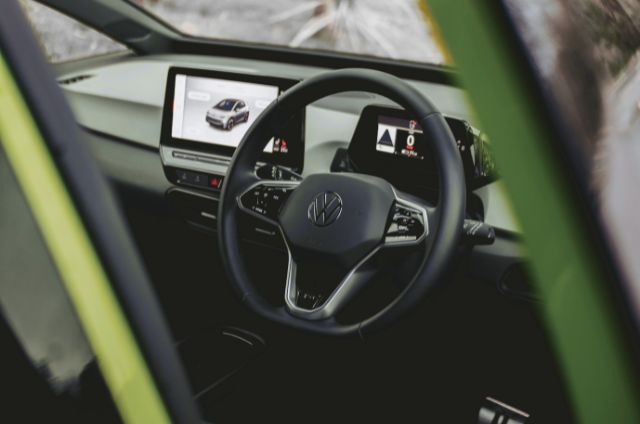Why These Tiny Letters Matter Big Time
So, you’re ready to ditch gas for good? Great — but before you plug in, you’ll need to know what kW and kWh really mean. These two numbers decide how fast you charge, how strong your EV pulls, and how far you’ll roll between pit stops.
kW: Your EV’s Power Punch
First up, kW. Think of it as raw power. A kW tells you how much electricity your motor or charger can deliver right now. Run that for an hour and you’re counting kWh (kilowatt-hours) — that’s total energy stored or used. So a 50 kW charger for three hours equals 150 kWh. Simple math, huge difference.
How Fast Will It Charge?
Plug into a Level 1 outlet at home? Expect a sleepy 1–3 kW — better for lawnmowers than road trips. Level 2 chargers are smarter, pushing 7–19 kW, enough to fill your battery overnight. But the real speed king is the DC fast charger. These heavy hitters blast 50–350 kW straight to your battery, skipping the onboard charger to slash charge times. Some EVs can top up from 10% to 80% in about 20–30 minutes — if your car can handle it.
How Strong Will It Pull?
Your EV’s motor rating in kW = its muscle. A tiny city car might use 50–100 kW. A performance beast like a Taycan hits 300+ kW. More kW, more fun — but more drain on the battery too.
How Far Will It Go?
kWh is your electric fuel tank. More kWh, more miles. A 99 kWh battery means longer drives than a 76 kWh one — if you drive the same way. Weather, weight, and lead feet change everything.
Bottom Line
Know your kW for power and charge speed. Watch your kWh for real-world range. Master both and you’ll pick the perfect EV — no regrets, just miles.



